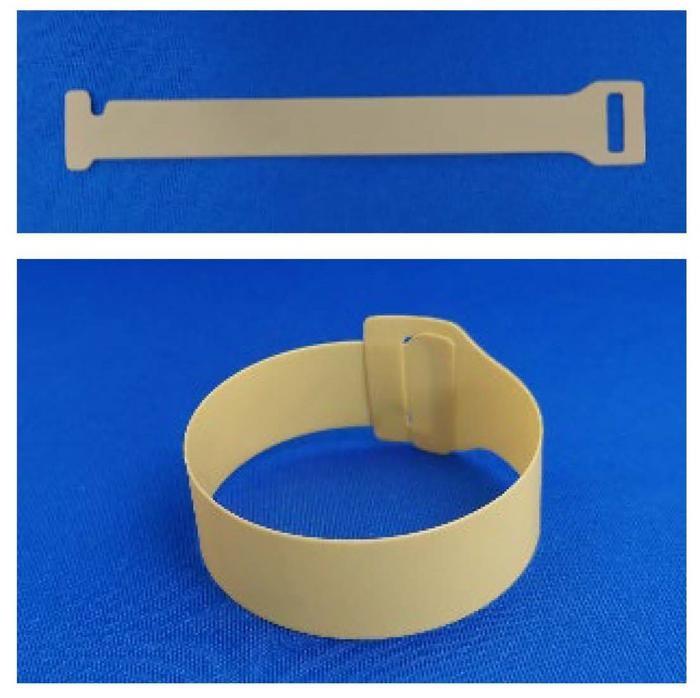
A team of Japanese researchers has developed a that can help surgeons while performing robot-assisted heart surgery.
Surgeons performing robot-assisted heart surgery usually require an assistant who can help them at the operating table. The assistant inserts the robot arm through a small incision. However, the assistant has to constantly make sure the surgeon has enough room to operate via the robot arm.
The device developed by an Osaka Metropolitan University-led group will provide greater independence on the surgeon's side.
The team led by Professors Toshihiko Shibata and Yosuke Takahashi created the surgical field expansion plate. The plate was developed from a type of plastic called polyether ether ketone. It is generally used for medical implants and the aerospace industry.
To understand its effectiveness, the team tested the device during an actual heart surgery. The results showed that fastening the polyether ether ketone plate into a circular shape expands it to a certain size. The material retains its shape, securing the surgical field.

In the study published in the journal Innovations, the team noted that the plate is 0.4 millimetres thick. It comes with varying widths and lengths depending on the requirements of the surgery.
"This flexible yet rigid medical-grade device is simple to use and reusable," Professor Takahashi stated.
"This plate is expected to make it possible to perform robot-assisted heart surgery that is not dependent on the skill of the assistant, with further applications expected in fields such as oral surgery and otolaryngology," Takahashi added.
Robotic heart surgery is used in a variety of cardiac surgery procedures such as repairing heart valves, coronary artery bypass grafting, and correcting heart defects.
It comes with many advantages, such as improved dexterity, 3D visualisation, and reduced intraoperative blood loss. It can also improve patient quality of life and reduce the risk of complications.
The US has the highest uptake of robotic cardiac surgery, followed by several European countries. The logistical complexities and capital costs associated with expanding robotic surgery in low and middle-income countries.
India's Robotic Surgery Service market size was valued at $78 million in 2022 and is estimated to expand at a compound annual growth rate (CAGR) of 22.3 per cent from 2022-30 and will reach $390 million in 2030.
(With inputs from IANS)

















